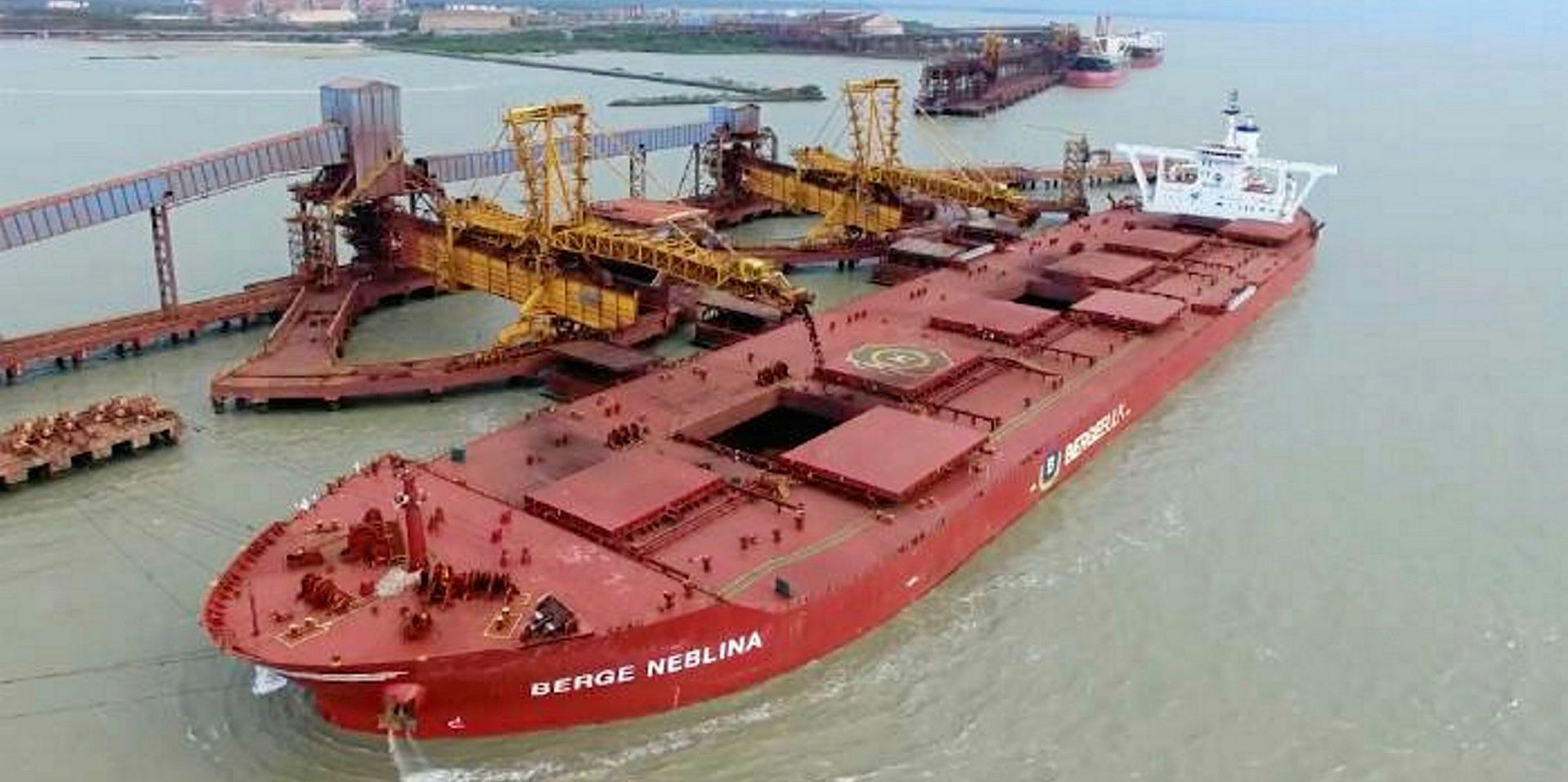Vale has warned that a court order forbidding the continued use of some of its tailings dams could remove up to 30 million tonnes of its iron ore production.
A court in Brazil’s Minas Gerais state ruled it to stop adding mining waste and halt any other activity that could “increase the risk to the safety of eight of its dams”.
Vale said among the dams included in the court order, three of them were built by the upstream method — the same type of structure as the Brumadinho dam that burst last week — and were already inactive.
The other structures were built by the conventional method and have the “sole purpose of sediment containment and not tailings disposal” except in the case of the Laranjeiras dam.
Vale claimed that all dams are “duly licensed and have their respective stability reports in force” and it argues that there is “no technical basis nor risk assessment to justify a decision to suspend the operation” of any of them.
“The estimated impact of the temporary halting of the Laranjeiras dam at the Brucutu mine in the Minas Centrais complex is about 30 million tonnes of iron ore per year,” the miner confirmed.
Vale said it will “adopt the appropriate legal measures” in relation to this decision and reiterated that “all the emergency measures necessary to assist the impacted people and to mitigate the impacts resulting from the breach of Dam I of the Corrego de Feijao mine are being duly adopted”.
However, analysts said the move is not expected to affect Vale’s overall production as it already produces an excess of the market’s current needs.
“Dry bulk markets remain under significant negative pressure following the Vale iron ore mine disaster and Chinese coal import restrictions,” said Deutsche Bank shipping analyst Amit Mehrotra.
“Adding to the weakness is that dry bulk markets are entering the seasonal low point with trade slowing during the Chinese New Year.
“Cape spot rates fell sharply, down 55% week on week to $4,500 due to uncertainty around Brazil’s iron ore imports following the dam collapse.”
Last month’s disaster likely killed more than 300 people, in what could be Brazil’s deadliest mine disaster on record.
About 134 people have been confirmed dead and another 199 are still reported to be missing, according to the tally on Monday.





